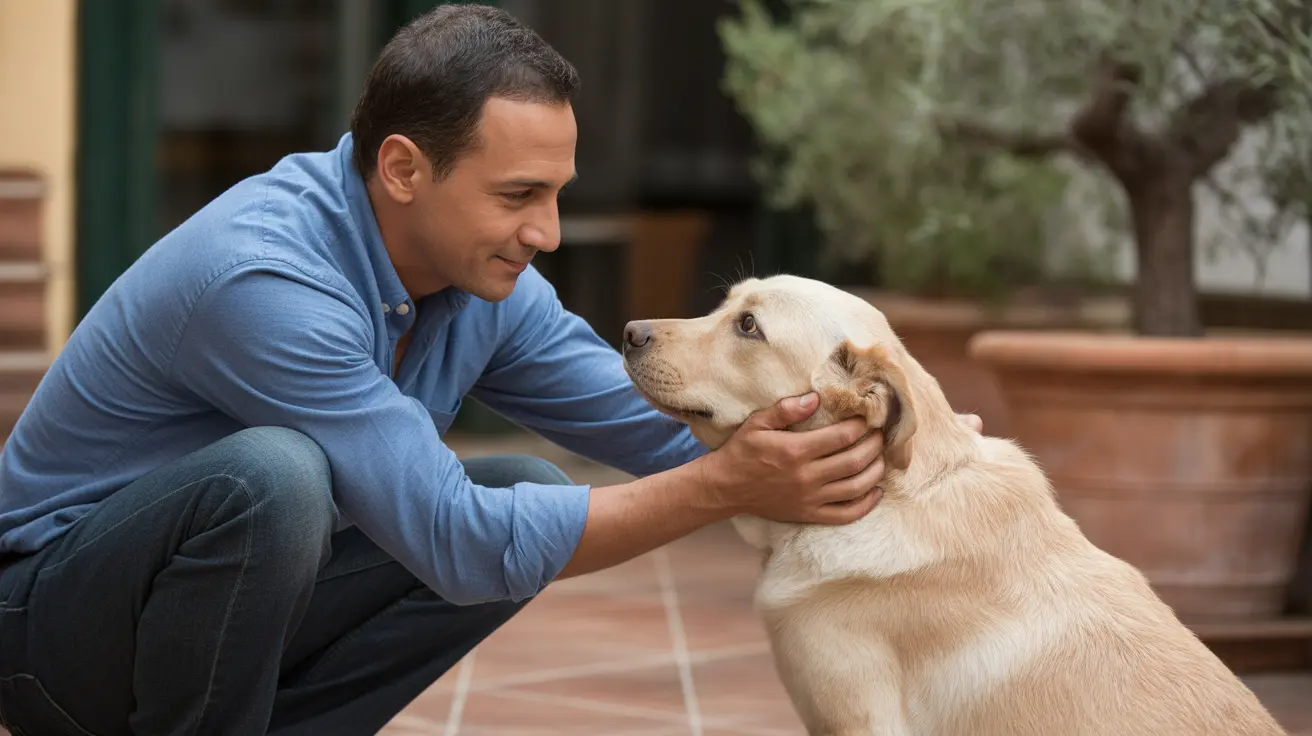Pet owners in Darwin are expressing concerns after a local animal shelter failed to provide prepaid desexing services included in adoption fees. The controversy surrounding PAWS Darwin desexing issues has raised questions about transparency and accountability in shelter adoption practices.
Several adopters who paid for desexing services as part of their adoption fees have been left waiting for these essential procedures. This situation has sparked discussions about the importance of clear communication between shelters and pet adopters, as well as the need for reliable desexing services in the Northern Territory.
Understanding the Shelter Adoption Process
The standard practice for most reputable animal shelters includes desexing as part of their adoption package. This approach helps control pet overpopulation while ensuring new pet owners begin their journey with proper veterinary care completed. When these services aren't delivered as promised, it creates challenges for both the animals and their new families.
The Impact on Pet Population Control
Desexing is a crucial component of responsible pet ownership, particularly in shelter environments where controlling animal populations is essential. When prepaid desexing services go unfulfilled, it can contribute to:
- Increased risk of unwanted litters
- Additional strain on local animal welfare resources
- Unexpected costs for new pet owners
- Potential health risks for unaltered pets
Responsible Pet Adoption in Darwin
While desexing is not legally mandated throughout the Northern Territory, most animal welfare organizations consider it a fundamental aspect of their adoption protocols. This practice aligns with broader efforts to promote responsible pet ownership and reduce the number of homeless animals.
Ensuring Transparency in Adoption Services
Animal shelter transparency becomes particularly important when dealing with prepaid services. Pet owners should receive clear documentation regarding:
- Included services in adoption fees
- Timeline for scheduled procedures
- Contact information for follow-up care
- Alternative options if services cannot be provided
Steps for Pet Owners
If you've adopted a pet and paid for desexing services that haven't been provided, there are several steps you can take:
- Document all communication with the shelter
- Review your adoption agreement carefully
- Contact the shelter to discuss completion of services
- Keep records of all related expenses
- Seek guidance from local consumer protection agencies if necessary
Frequently Asked Questions
What should I do if my animal shelter adoption fee included desexing but the service was not provided?
Contact the shelter directly to request completion or a refund. If unsuccessful, seek advice from local consumer protection agencies or animal welfare regulators to resolve disputes.
Why is desexing important when adopting a pet from a shelter?
Desexing prevents unwanted litters, helps control pet overpopulation, reduces shelter intake pressure, and improves pets' health and behavior, promoting responsible ownership.
How can I confirm if my adopted pet has been desexed?
Ask the shelter for veterinary documentation confirming the desexing procedure or arrange for your vet to perform and verify the surgery if it was not completed.
Moving Forward
The current situation highlights the importance of maintaining high standards in animal welfare organizations. For prospective pet adopters, it serves as a reminder to carefully review adoption agreements and ensure all included services are clearly documented.
While this particular case has raised concerns, it also presents an opportunity for animal welfare organizations to strengthen their processes and maintain the trust of the communities they serve. Responsible pet ownership begins with transparent and reliable shelter practices, ensuring both animals and their new families are properly supported throughout the adoption journey.






